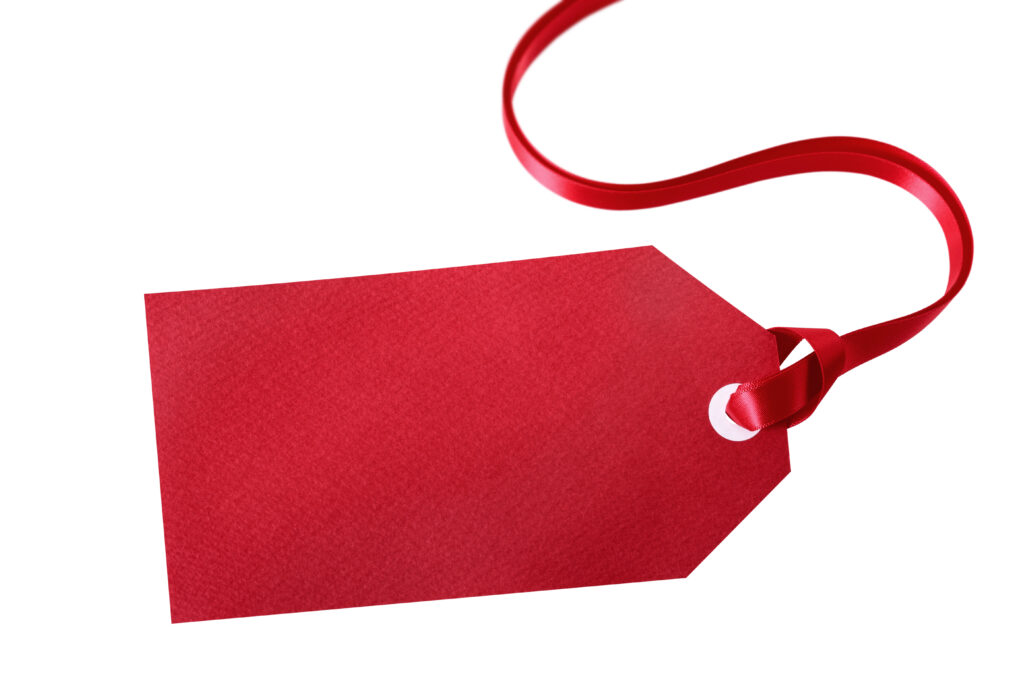
In the dynamic realm of Agile methodologies, the Scrum framework has emerged as a beacon of efficiency, fostering collaboration, adaptability, and rapid delivery. At the heart of this framework lies the pivotal figure known as the Product Owner. In this discourse, we’ll delve into the essence of the Product Owner role in Scrum, their responsibilities, the services provided by a Scrum Master, and the significance of certifications in this domain.
Understanding the Scrum Product Owner:
A Scrum Product Owner is the linchpin between the development team and stakeholders, embodying the voice of the customer and envisioning the product’s trajectory. They are entrusted with maximizing the value of the product by prioritizing features, refining the product backlog, and ensuring alignment with business objectives.

Responsibilities of a Product Owner in Scrum:
The responsibilities of a Product Owner in Scrum are multifaceted. They include but are not limited to:
- Defining and Prioritizing the Product Backlog: The Product Owner meticulously curates the product backlog, ensuring that it reflects the stakeholders’ needs and is prioritized based on business value.
- Ensuring Clear Product Vision: A Product Owner articulates a clear vision for the product, aligning the team towards common goals and objectives.
- Continuous Stakeholder Engagement: They act as a conduit between the development team and stakeholders, gathering feedback, and incorporating it into the product development process.
- Decision-Making Authority: Product Owners make critical decisions regarding feature implementation, trade-offs, and scope adjustments throughout the project lifecycle.
- Acceptance of Deliverables: They are responsible for accepting or rejecting the deliverables based on predefined acceptance criteria, ensuring quality and adherence to requirements.

Services Provided by a Scrum Master to the Product Owner:
While the Product Owner steers the product development journey, the Scrum Master serves as a facilitator, providing invaluable support. One essential service a Scrum Master offers to the Product Owner is removing impediments. This involves identifying and eliminating obstacles that hinder the Product Owner’s effectiveness, thereby fostering a conducive environment for product development.

The Significance of Certifications for Product Owners:
In the pursuit of excellence, certifications play a pivotal role in validating skills and expertise. For Product Owners, acquiring a certification such as the Certified Scrum Product Owner (CSPO) credential demonstrates a commitment to mastering Scrum principles and practices. Not only does it enhance credibility but also equips Product Owners with a comprehensive understanding of their role and responsibilities.

Best Product Owner Certification:
Among the array of certifications available, the Certified Scrum Product Owner (CSPO) stands out as a benchmark of proficiency in Scrum product ownership. Offered by renowned certifying bodies like Scrum Alliance, CSPO certification empowers Product Owners with the knowledge, tools, and techniques necessary to excel in their role.

Scrum Product Owner Preis:
Investing in CSPO certification is akin to investing in the future success of both the individual and the organization. While the price of certification may vary depending on factors such as location and training provider, the value it delivers in terms of career advancement and enhanced competencies far outweighs the cost.

In Conclusion:
In the intricate tapestry of Agile methodologies, the role of a Certified Scrum Product Owner shines brightly as a beacon of product success. Their unwavering dedication, strategic acumen, and customer-centric approach are indispensable ingredients for navigating the complex landscape of product development. Through certifications like CSPO and collaboration with Scrum Masters, Product Owners can chart a course towards excellence, delivering exceptional value with each sprint.








